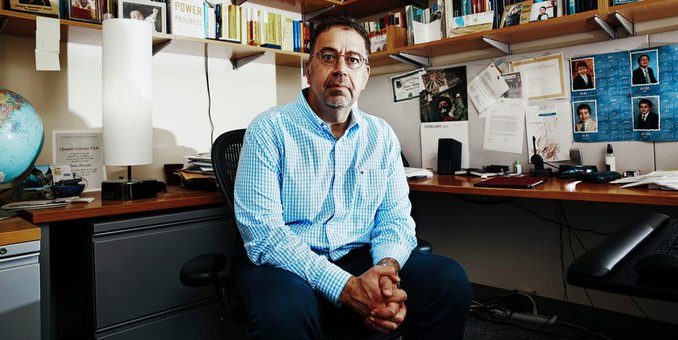
Sure, there have been a few nutjobs out there who think AI will wipe out the human race. But ever since ChatGPT’s explosive emergence last winter, the bigger concern for most of us has been whether these tools will soon write, code, analyze, brainstorm, compose, design, and illustrate us out of our jobs. To that, Silicon Valley and corporate America have been curiously united in their optimism. Yes, a few people might lose out, they say. But there’s no need to panic. AI is going to make us more productive, and that will be great for society. Ultimately, technology always is.
As a reporter who’s written about technology and the economy for years, I too subscribed to the prevailing optimism. After all, it was backed by a surprising consensus among economists, who normally can’t agree on something as fundamental as what money is. For half a century, economists have worshiped technology as an unambiguous force for good. Normally, the « dismal science » argues, giving one person a bigger slice of the economic pie requires giving a smaller slice to the sucker next door. But technology, economists believed, was different. Invent the steam engine or the automobile or TikTok, and poof! Like magic, the pie gets bigger, allowing everyone to enjoy a bigger slice.
